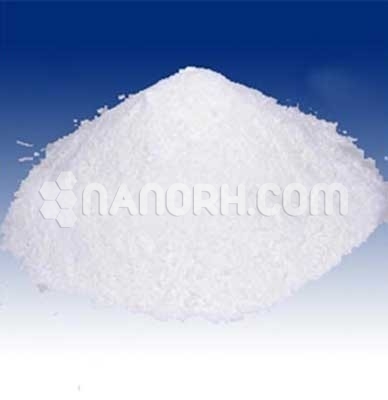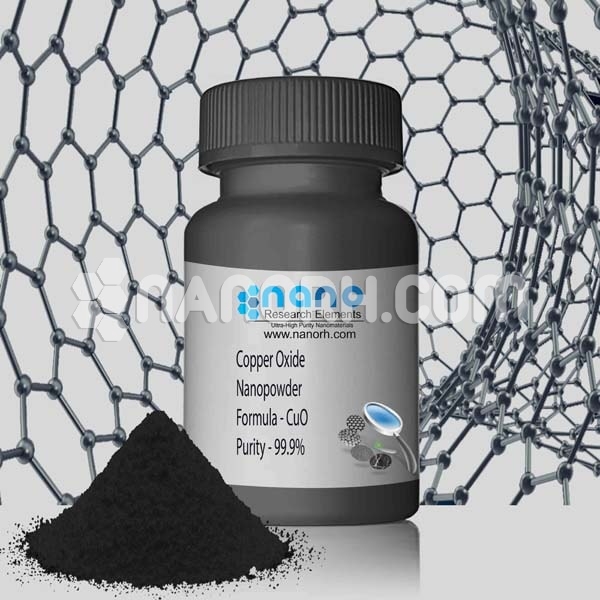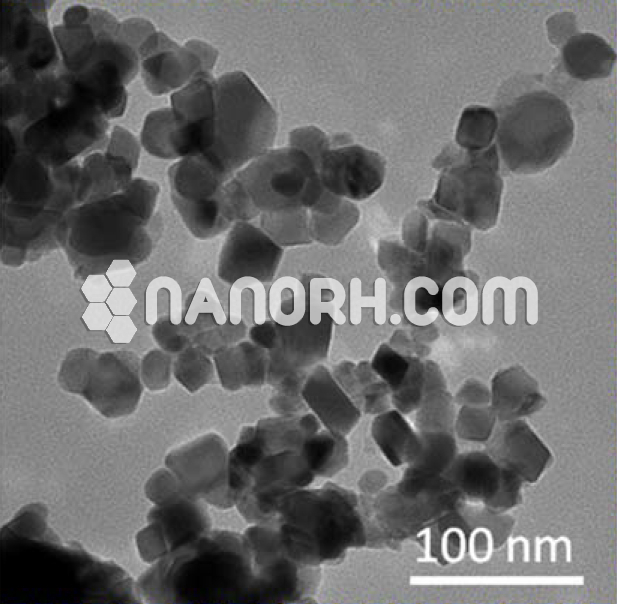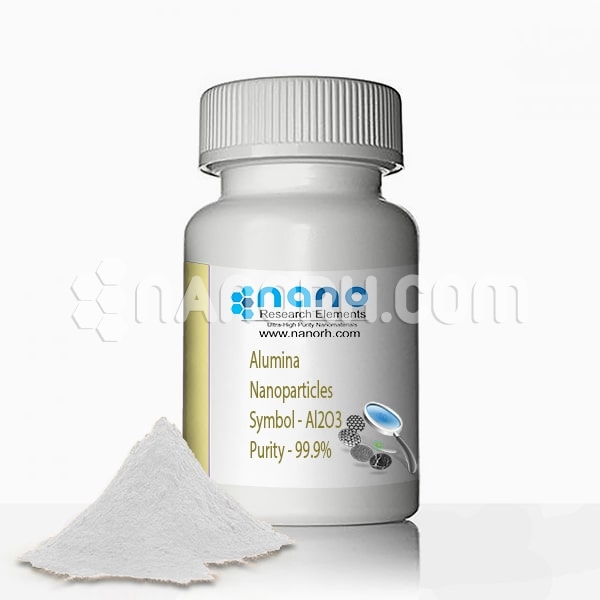Zinc Carbonate ZnCO3 Nanopowder / Nanoparticles (ZnCO3, 20nm, 99.5%)
High-virtue items are set up by utilizing systematically unadulterated synthetic reagent as crude materials, and washed by refined water. Its virtue is higher than 99.5%. All our high-immaculateness items are created by our notable research colleges and national labs…
| Zinc Carbonate Nanopowder | |
| Product No | NRE-5260 |
| CAS No. | 3486-35-9 |
| Formula | ZnCO3 |
| APS | <20nm (Can be Customized) |
| Purity | 99.5% |
| Color | White |
| Molecular Weight | 125.38 g/mol |
| Density | 4.4 g/cm3 |
| Melting Point | 140 °C |
| Boiling Point | NA |
Zinc Carbonate ZnCO3 Nanopowder / Nanoparticles
Applications
Catalysis and Environmental Applications:
Catalytic Reactions: zinc carbonate znco3 nanopowder / nanoparticles are used as catalysts or catalyst supports in various industrial processes, including the synthesis of organic chemicals, water purification, and CO₂ capture. Their high surface area increases the efficiency of reactions such as the conversion of CO₂ to useful chemicals or the degradation of organic pollutants.
Environmental Remediation: Due to their ability to adsorb and interact with harmful substances, ZnCO₃ nanoparticles can be used in water and air purification systems. They can remove heavy metals, dyes, and other contaminants from water, making them useful for environmental cleanup and waste management.
Nanomedicine and Drug Delivery:
Drug Delivery Systems: Zinc carbonate nanoparticles can be used as drug delivery carriers, thanks to their small size and biocompatibility. They can encapsulate and release drugs in a controlled manner, particularly in targeted therapies for diseases like cancer. ZnCO₃ nanoparticles are also used in nanocarriers for the delivery of antibiotics or other therapeutic agents.
Antibacterial and Antiviral Properties: Zinc is known for its antibacterial properties, and ZnCO₃ nanoparticles can be applied in medical applications such as wound healing, where their antimicrobial activity helps prevent infection. They also have potential antiviral applications, especially in developing treatments for viral infections.
Bioimaging: Zinc carbonate nanoparticles can be doped with other elements to enhance their fluorescence, making them suitable for use in bioimaging techniques, such as fluorescence microscopy and diagnostic imaging.
Electronics and Optoelectronics:
Conductive Materials: Zinc carbonate nanoparticles are used in the fabrication of conductive materials, such as transparent conductive films, due to their ability to participate in charge transport when incorporated into other materials. These films can be used in applications like touchscreens, solar cells, and LED devices.




